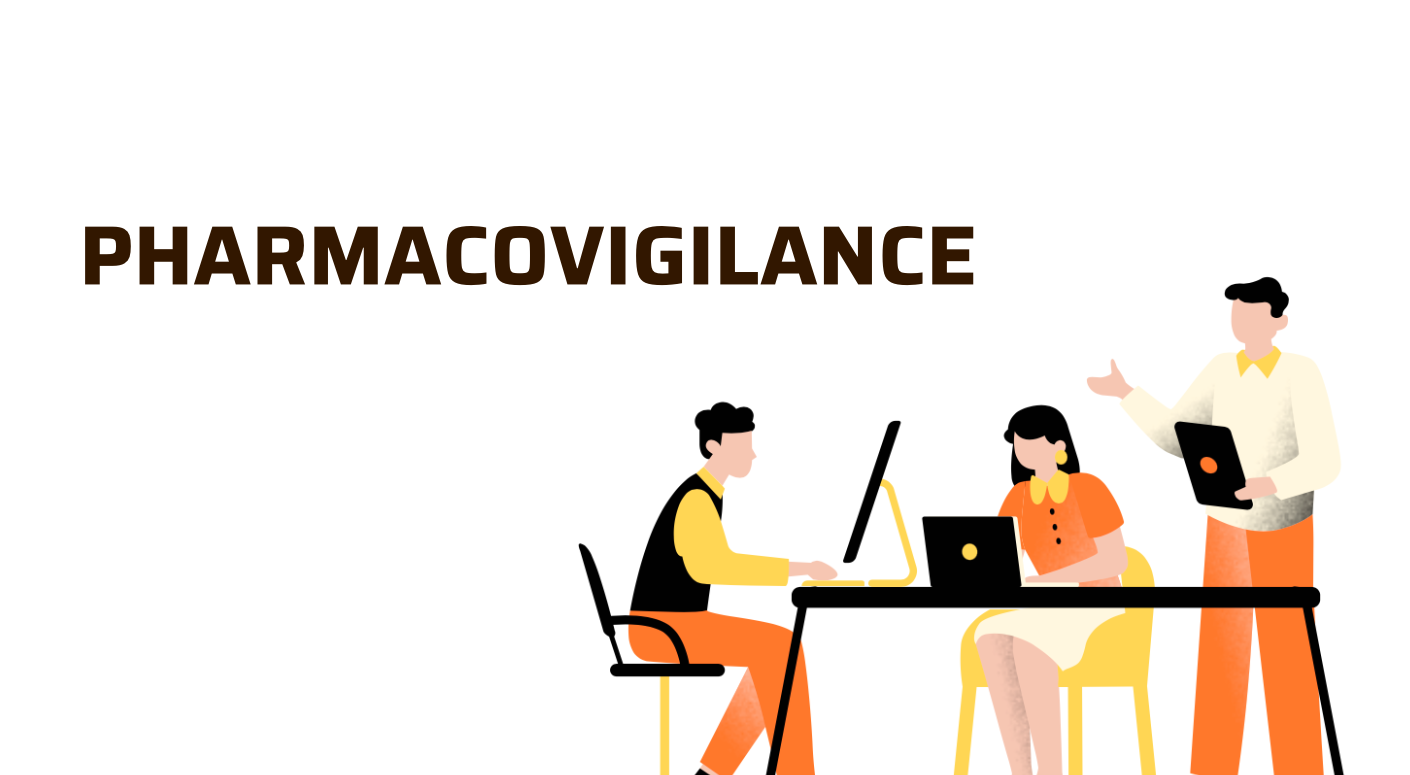The life sciences industry in Japan is witnessing significant regulatory changes, particularly in the realms of clinical trials and pharmacovigilance. With the recent amendments to the Clinical Trials Act and the Pharmaceuticals and Medical Devices Act, companies engaged in medical research and drug development must adapt to new compliance standards and reporting requirements.
Strengthening Oversight in Observational Studies
One of the key updates in the amended Clinical Trials Act is its extended application to observational studies. Previously, research that utilized patient medical data without intervention was exempt from certain regulatory oversight. However, the new definition now includes cases where additional diagnostic tests—especially those imposing a significant burden on participants—are conducted for research purposes. This shift means that researchers must ensure stricter compliance with safety protocols when engaging in observational studies.
Refining Regulations for Off-Label Drug Use
The new amendments introduce a more nuanced approach to regulating clinical trials involving off-label drug use. Previously, any deviation from approved dosages and usage fell under the category of specified clinical trials, requiring heightened regulatory scrutiny. Under the revised framework, off-label studies with risks equivalent to authorized usage will no longer be classified as specified clinical trials. This change aims to balance patient safety with easing research burdens on investigators.
Introducing the Role of a General Manager for Clinical Trials
The regulatory amendments also establish the position of a “general manager” to oversee the entirety of a clinical trial. This move is particularly relevant for multicenter collaborative studies, where responsibilities were previously fragmented among multiple principal investigators at different institutions. With a designated general manager, research operations can now be streamlined, ensuring consistency in reporting and compliance measures.
Revised Disease and Adverse Event Reporting Framework
Another important update addresses the reporting of adverse events in clinical trials. Previously, there was a discrepancy in reporting timelines between approved and off-label drugs, sometimes leading to inconsistencies in risk assessments. The new regulations mandate expedited reporting for serious adverse events in trials involving off-label drugs, ensuring prompt intervention and better patient protection. Meanwhile, known adverse reactions in approved drugs will now follow a periodic reporting schedule, aligning regulatory expectations with real-world clinical practices.
Implications for the Future of Medical Research
These reforms signal a broader movement toward more structured and transparent clinical trials and pharmacovigilance protocols. By refining the scope of regulated trials, introducing dedicated oversight roles, and standardizing adverse event reporting, Japan aims to strengthen public trust in drug development processes. Pharmaceutical companies and research institutions must adapt to these changes to maintain compliance and uphold patient safety.
As these regulations come into effect on May 31, 2025, organizations should prepare for a transition by reviewing their clinical research protocols and ensuring alignment with new compliance requirements. These updates will not only impact research methodologies but also set the stage for a more accountable and efficient healthcare system.
Reference:
